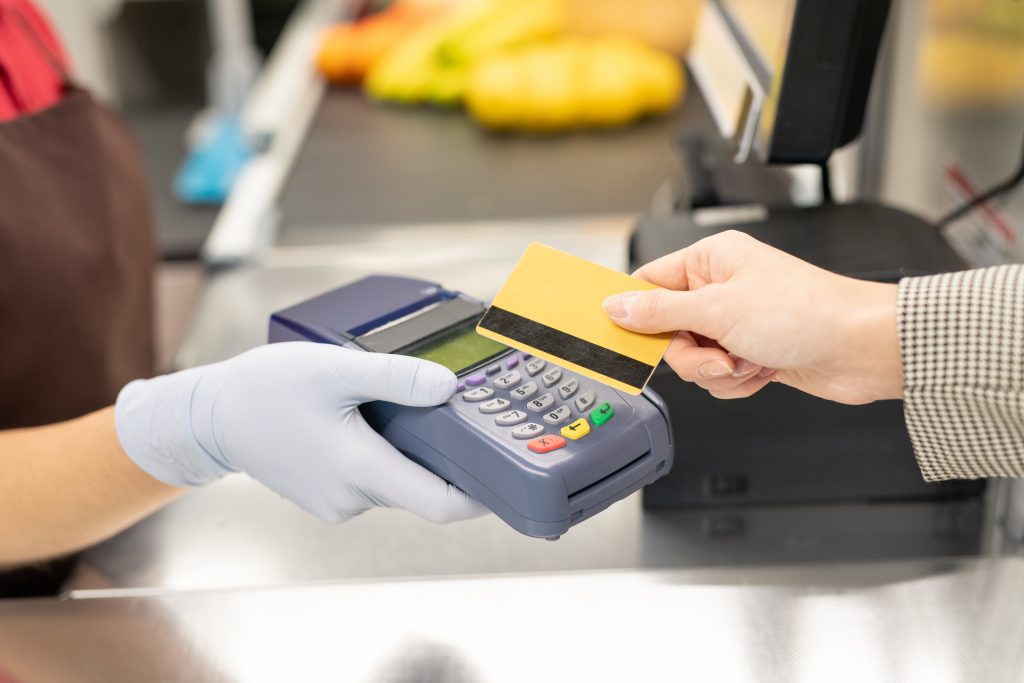Mastercard announced that issuers can begin to offer debit and credit cards without a magnetic stripe beginning in 2024 and by 2033 cards in the U.S. will not be permitted to be issued with a magnetic stripe, with some exclusions for prepaid. From the issuer perspective, this requires some planning, but it’s not a big effort. As an article in the American Banker points out, this seemingly innocent ban on mag stripes is an EMV mandate for merchants. One would think that the reduction in fraudulent transactions would be incentive enough but for some merchants, particularly those with fuel dispensers, this is an expensive proposition. As ACI notes, about half of the fuel pumps in the U.S. will be EMV compliant by year end. Conexxus believe that percentage is closer to 70%, but regardless, the number of terminals in just this industry that still rely on a mag stripe is significant. The cost of replacing terminals is not cheap particularly for fuel dispensers and the industry is plagued with equipment shortages. Here’s more from the article:
“They’re not giving us a lot of time,” said Linda Toth, managing director at Conexxus, an Alexandria, Virginia-based association that publishes standards and guidance for gas merchants and convenience stores. The Mastercard move is like a “mandate,” according to Toth, adding that makes it different from past policies that simply shifted liability for fraud based on EMV status.
Those merchants could still accept magstripe card payments. But under Mastercard’s new timeline, “if you haven’t migrated to EMV compliance under this new announcement, you won’t be able to accept cards,” Toth said.
In the early days of the EMV migration, merchants pushed back against the standards, contending the upgrades weren’t worth the cost. In some cases, large numbers of merchants also weren’t aware of the existence of chip cards. That’s no longer the case, says Toth, adding supply chain challenges and lingering impacts of the pandemic have made it harder to implement upgrades.
“It’s not a matter of not wanting to be compliant,” Toth said. “There are still equipment shortages.”
A Connexus survey released shortly before the April liability shift for gas stations found 31% of gas stations had not migrated to chip cards. About half of gas stations in the U.S. will be EMV compliant by the end of 2021, according to ACI Worldwide.
Overview by Sarah Grotta, Director, Debit and Alternative Products Advisory Service at Mercator Advisory Group
